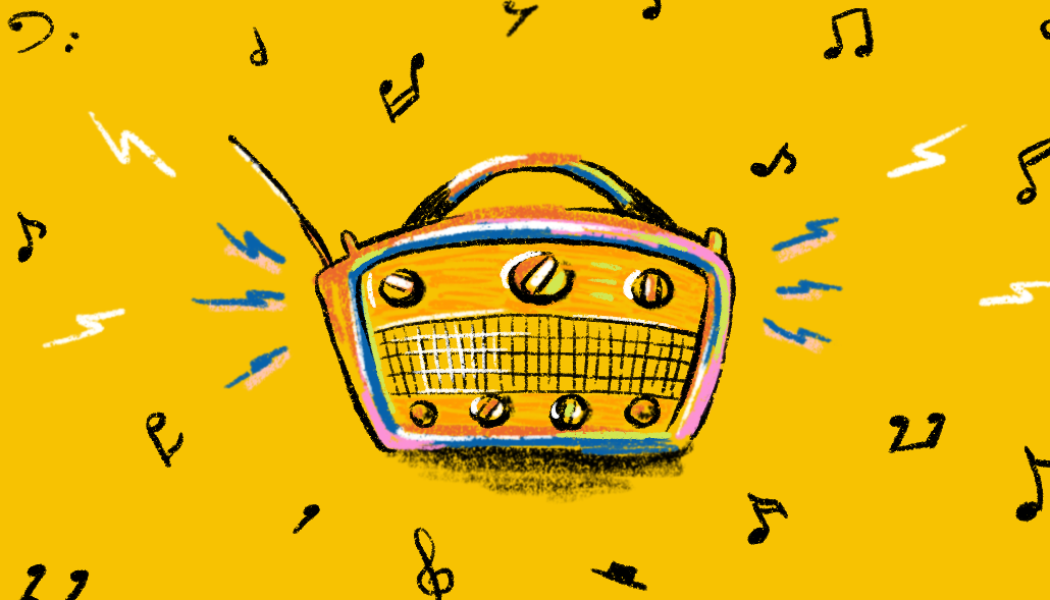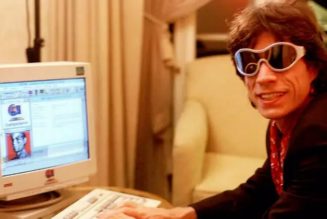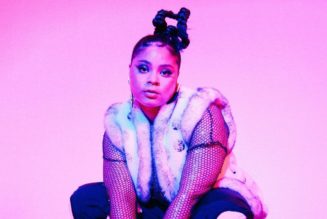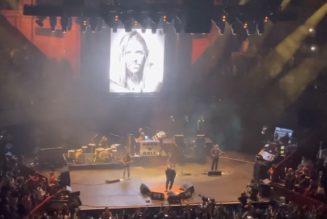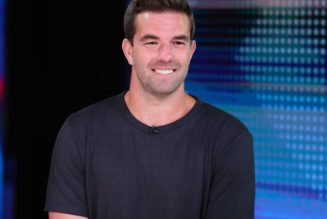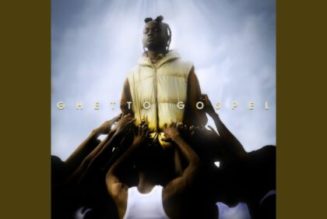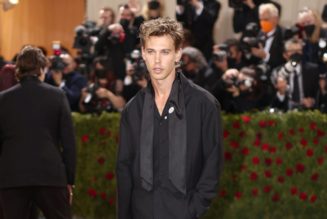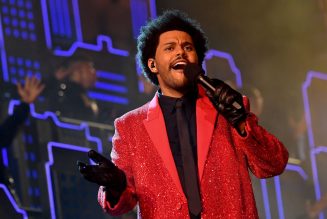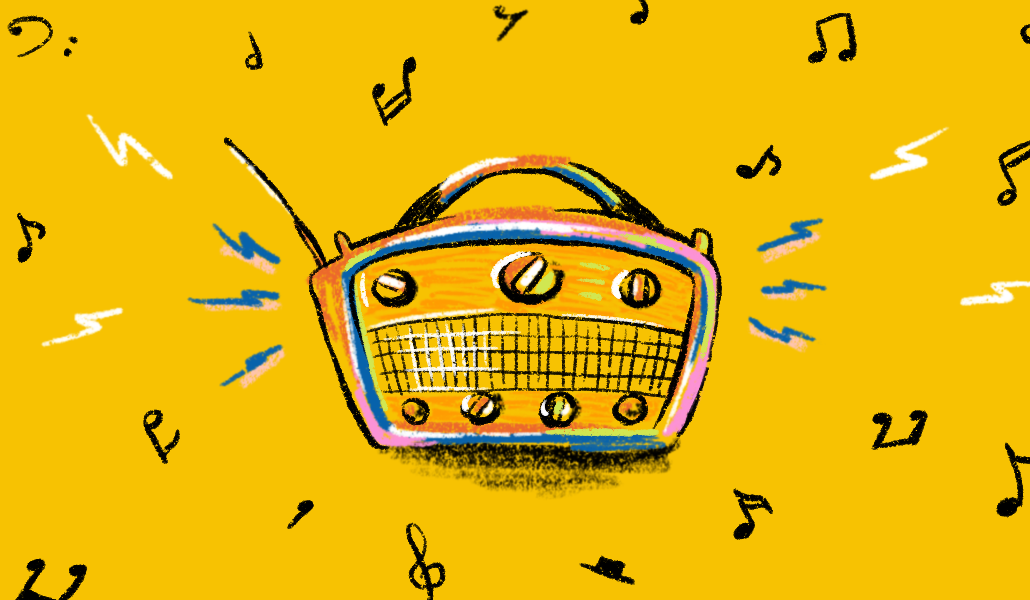
Music has become a strategy linchpin for marketers as they’re increasingly looking to participate more authentically in culture as opposed to appearing around it. But as the trend continues, music marketing experts say brands must keep two things in mind: music appreciation versus appropriation and thoughtful partnerships with artists.
“It’s about you as an organization, valuing something or someone deep enough,” said Phil Osborne, vp of production at advertising and digital agency Ruckus. “You’re not just using someone’s art. You’re owning what that art represents — so a whole other level of brand values.”
Whether it be partnering with a well-known artist to produce an exclusive track or creating and rolling out original music as a brand to land a viral hit song, marketers are hedging their bets on music as the conduit to culture — especially with the boom of TikTok.
In recent years, brands and retailers have taken to developing their own original TikTok sounds, looking for their viral moment and to vacuum in some cultural cache. For example, Pepsi partnered with Chlöe Bailey to release a new version of the song “Footloose,” with a TikTok challenge. Meanwhile, General Mills’ Monsters Cereal brand designed a new character with its own verified TikTok account featuring a new zombie DJ and a remix of “Monster Mash.” And Coca-Cola’s belief in music has grown so much that the company created its own studio to record original songs.
“What we’re seeing is that brands are using music more than ever to tap into culture and to reach the target demographic of their brand,” said Brian Feit, founding partner of BMF marketing agency. “Music has really become a link between culture and brands, and it’s allowing a better connection between the artist and the fans.”
Between privacy measures, like Apple’s ATT privacy crack down and Google’s crumbling third-party cookie, and general digital fatigue, it’s getting harder to stand out in a noisy marketing landscape and truly connect with shoppers. That said, marketers are increasingly looking to put out brand content that people want to engage as a Trojan horse into culture as opposed to interrupting cultural moments. (Read a deep dive into how advertisers are working to be part of culture here.)
But, music marketing execs say, music can be tricky, something that can be deeply personal with dedicated fans, historical importance and cultural significance. Here, brands must be good stewards of musical artists and culture as a whole. Meaning, using a song or artist solely as a means to increase cultural cache and the bottom line risks brand alignment, inauthenticity and even public backlash, per execs.
“You’ve got to be really mindful of who you’re partnering with because that’s the demographic that you’re going to get to,” Feit said. “And if it comes off as inauthentic, the fans are gonna see right through it.”
Brands often find themselves in hot water for misalignment, like the infamous Pepsi commercial starring Kendall Jenner or more recently, Bud Light’s work with influencer Dylan Mulvaney.
For example, Osborne said, a brand once approached Ruckus for a campaign promoting hair extensions for Black consumers. The agency thought of bringing in a Black director “because there’s no way that we can do this alone because I’m white,” he said. Ultimately, the brand went in a different direction with the campaign. Osborne did not provide specific details regarding the proposed campaign or brand.
He added, “Sometimes you need to put the best people in the best positions based upon cultural understanding, and you’ve got to give people those opportunities to empower them.”
From an agency perspective, authenticity in partnering with musical artists or reaching music culture authentically is good for business, said Brian “Bwrightous” Wright, co-founder at Six Degrees creative agency. Especially, when there’s mutual benefit for music artists, culture and the brand itself. (A deep dive into what authenticity means in marketing here.)
Six Degrees has been the brains behind pop-up events for artists like Future and Drake, and Atlanta-bred Lil Baby, who back in 2021, had a partnership with Foot Locker that included refurbishing an Atlanta park and gifting free bikes to the community.
“Our community trusts us,” he said. “They trust us so they trust that if we introduce [them to] a new service to a product, it’s premium. They trust that [the brand] cares about us.”
According to music marketing execs, music has become the link between culture and brands, also acting as a conduit between artists and fans — a relationship that must be handled with care.
“Music is tricky. It’s a very personal thing,” said Feit. “You really have to hit it right.”
